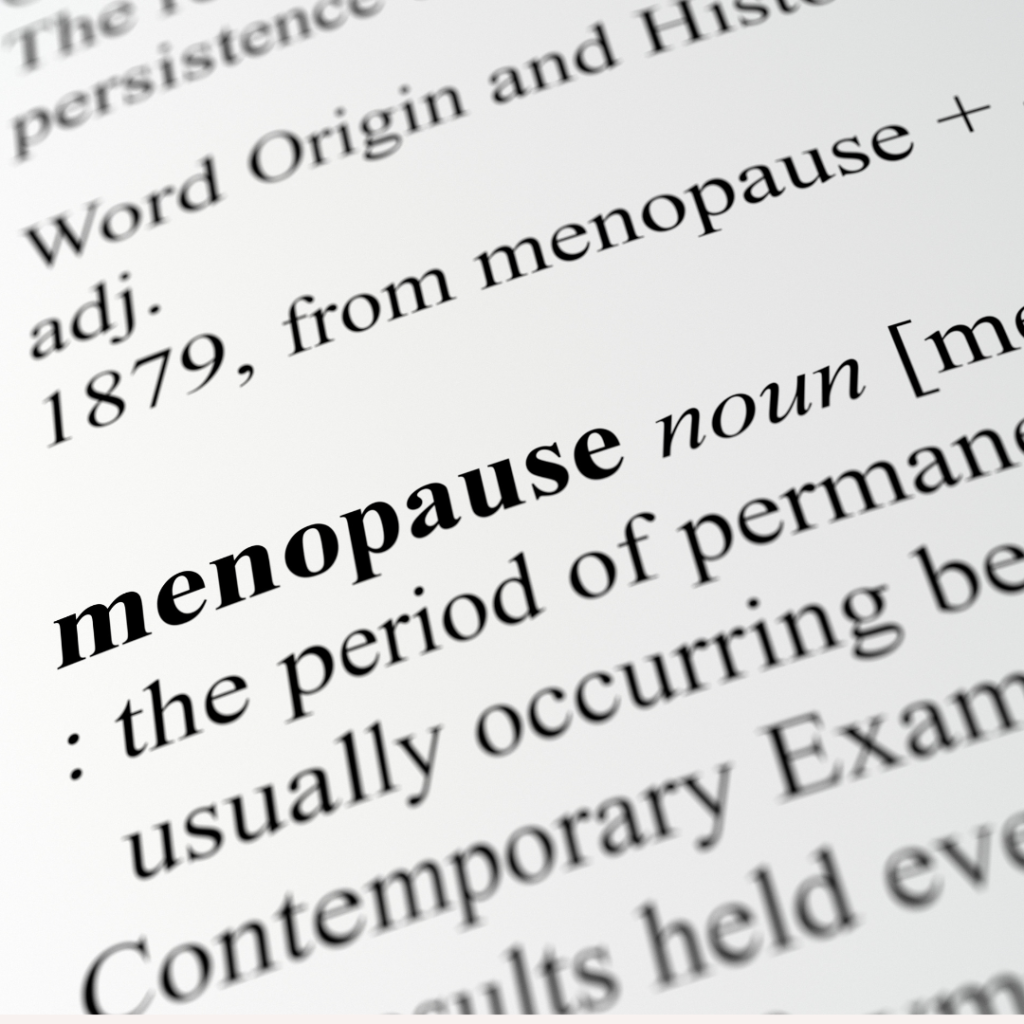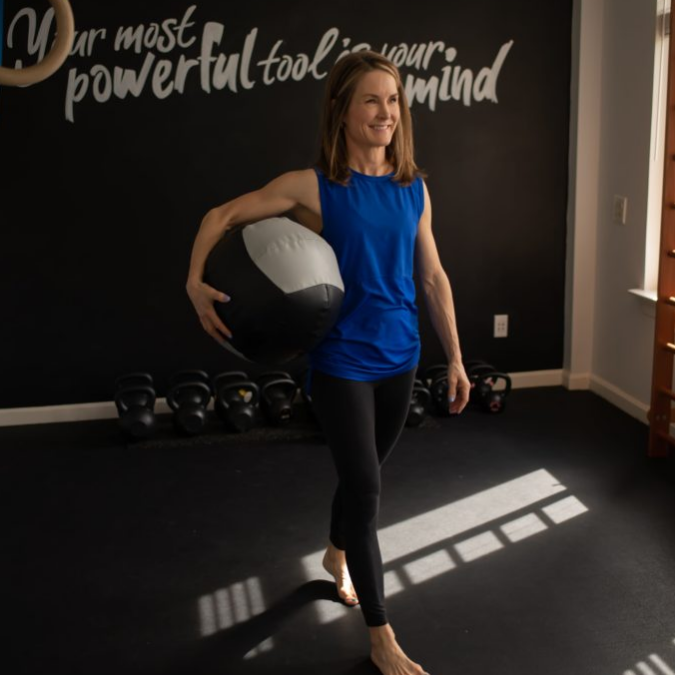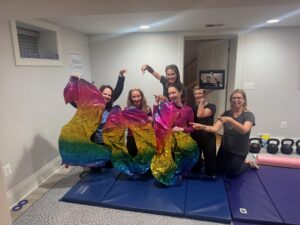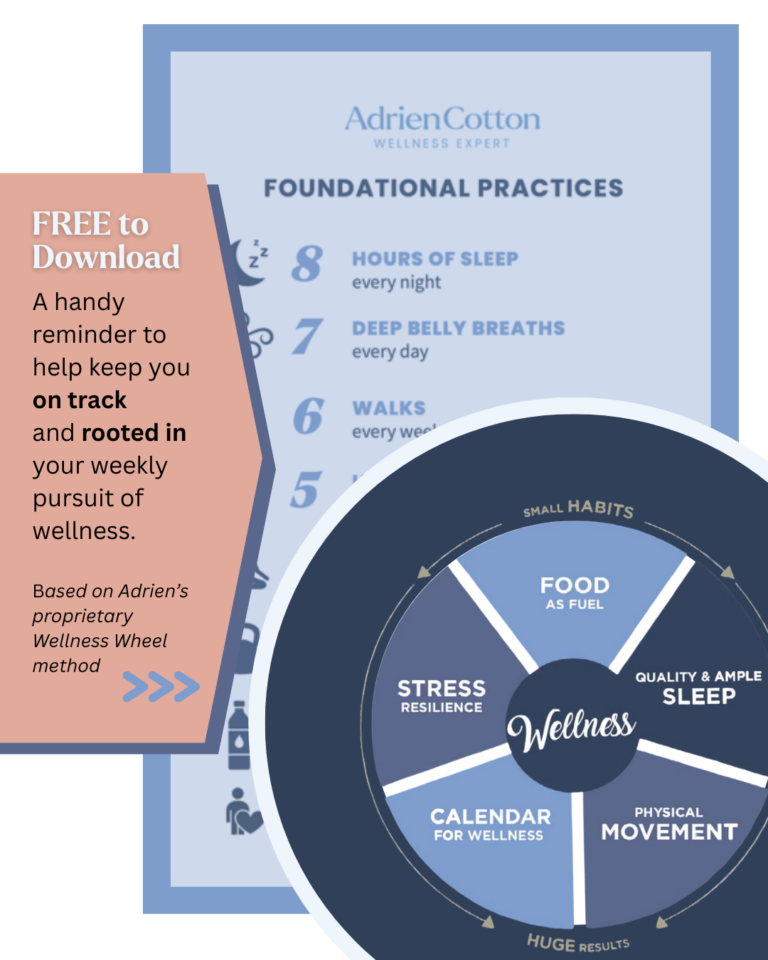If we could wave a magic wand and eliminate the symptoms of aging, particularly of menopause, I know we’d all be saying, “Abracadabra!”
Sadly though, our bodies have a different plan. When midlife arrives, sure enough we begin to experience any number of menopause symptoms like weight gain, vaginal dryness, sleep disruption, hot flashes, depression, and increased anxiety, among others. With no magic wand, what can we do for menopause relief?
I recommend you do these three things FIRST when you think you’ve started your menopause journey.

1. Confirm you are in perimenopause or menopause
Many women haven’t learned to pay attention to their body’s rhythms. They don’t remember their last cycle, and can’t pinpoint when it became erratic and unpredictable. Gaining an awareness of our bodies is essential to this transition. Now is a great time to start.
If you still have your cycle, are forty years old or older, and are experiencing one or more of the symptoms above, you are likely in what we call perimenopause. Perimenopause is the phase of a woman’s life when she is transitioning to menopause, and it can last up to seven years. Periods can be more sporadic, becoming longer or shorter, heavier or lighter, and generally more unpredictable.
If you already track your cycle and are certain you have not had a period for twelve consecutive months, this is a good time to check in with a menopause specialist. They will confirm and guide you through your healthcare options and may suggest re-committing to your health and wellness, like the women who have chosen to approach their midlife wellness in my concierge small group program.
I highly recommend women in this phase seek the help of a menopause specialist. Often, we believe the best medical professional is our OB-GYN or Internist, however, residency programs often lack menopause education, leaving obstetricians and gynecologists unprepared to provide the proper care for women. A 2013 survey revealed the gaps in menopause educational resources, showing many medical school residents felt they lacked knowledge in areas of menopause care such as hormone therapy and conditions related to bone health.
2. Double down on your stress management
Being in perimenopause and menopause may cause confusion and anxiety as your brain senses something is different and isn’t quite sure how to adjust.
To make matters worse, our anxiety and stress are heightened by our layer cake of responsibilities combined with frequently disrupted sleep. We are living our busiest lives, working, volunteering, and caring for children and aging parents. We are reaching the pinnacle of our careers. And yet, we are also experiencing night sweats and waking up to use the bathroom.
Since we know our brain is already stressed, and probably not getting the sleep it needs to recover, finding stress management tools is essential.
Some of the strategies I teach to improve your stress resilience include:
- Conscious breathing
- Purposeful pauses
- Leisurely walks
- Connecting with supportive friends and family
- Examining your core values and priorities
- Taming your schedule
- Getting quality and ample sleep
3. Embrace strength
As you recognize the onset of perimenopause and menopause, it’s time to treat your 40+ body in a new way, and I recommend getting stronger physically and emotionally is a top priority.
For our physical strength, I love resistance training – lifting heavy things, challenging your body physically every day, and maybe even trying something new – is not only good for your body, but also essential for your hormonal health and emotional well-being. We were not intended to constantly sit at a desk or in a car. We are built to move: to carry, lift, hang, push, and pull. Our bodies appreciate including these types of movements in our daily routine.
Earlier, I asked you to get to know your body. Now I’m recommending that you appreciate her. You ask a lot from her. Give her the gift of strength. Strength is not just all about lifting heavy weights (which we do, in fact, love💕). Strength is a state of mind that can carry us well into our nineties.

Now that you know the first steps on your perimenopausal/menopausal journey, I invite you to learn more at MASTER Menopause NOW!



